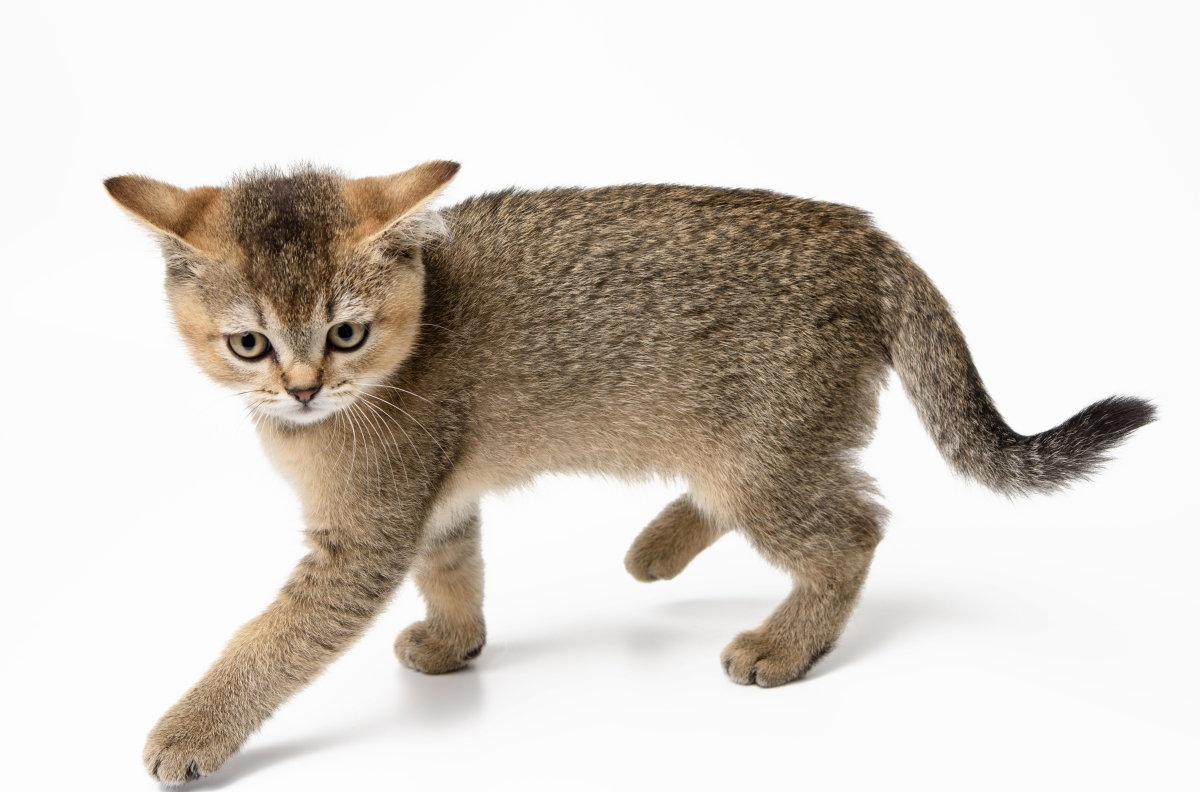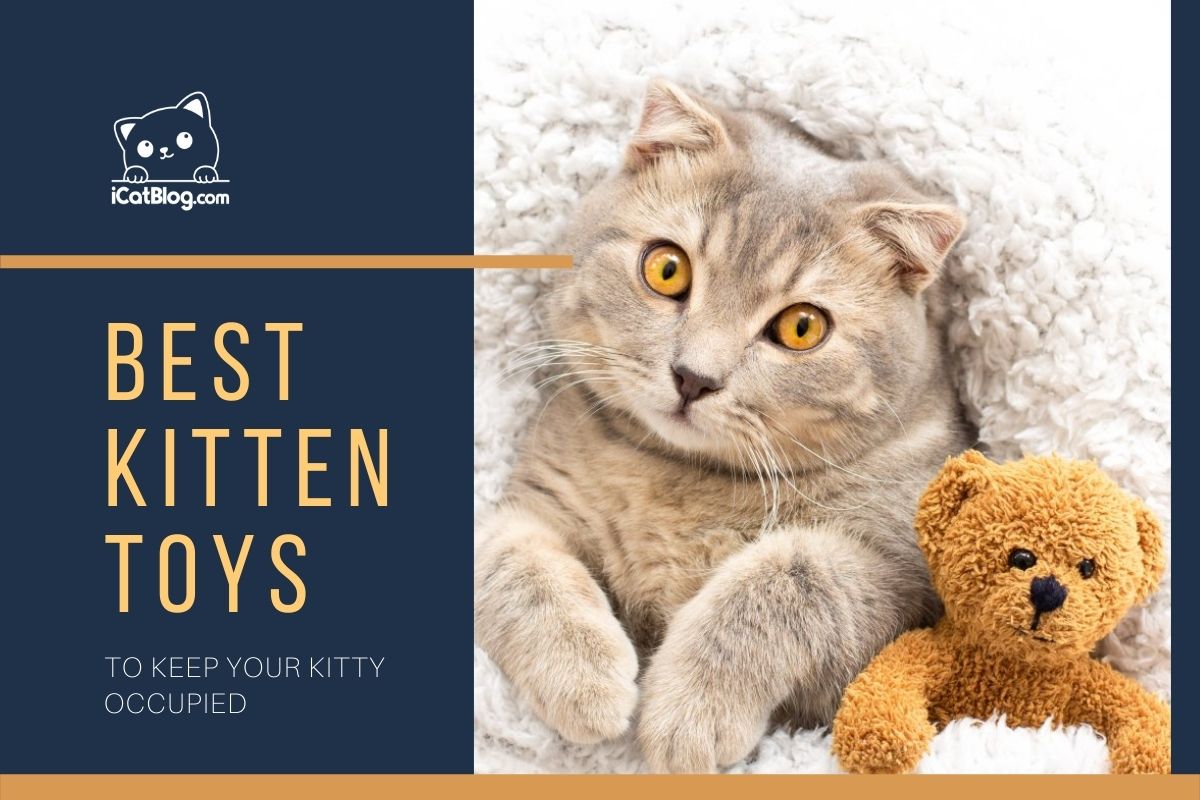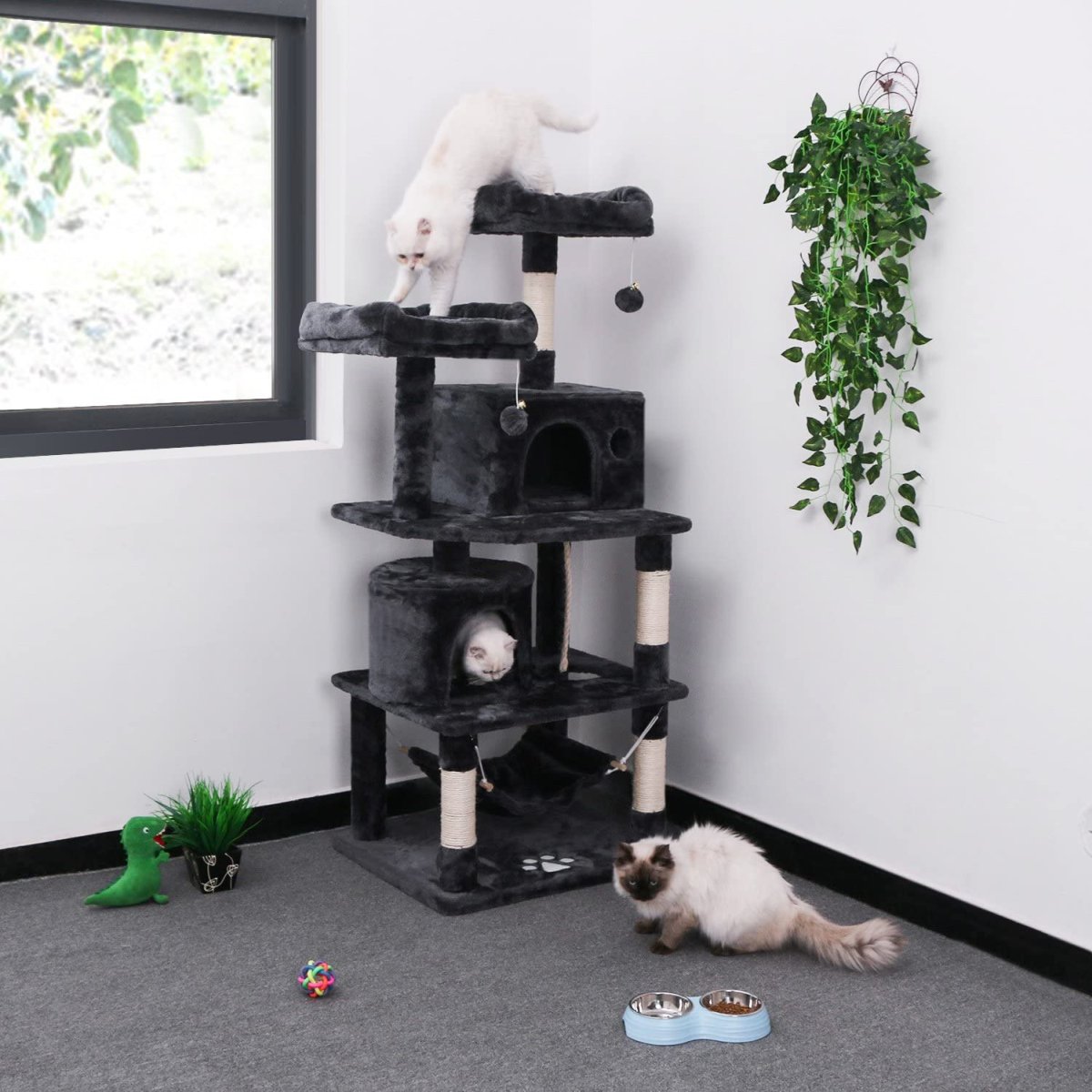Kittens are one of the most playful animals, and it is an absolute delight to them around the house. You cannot stop yourself from staring at their cute gestures, and they automatically bring about a positive energy to the room and the family.
However, new pet owners are still adjusting to the responsibility that comes with having a pet. In the first few months, it can be worrisome to see their cat zooming around the house. Cat zooming is a term used to describe a cat or a kitten frantically running around restlessly. It may leave you wondering why they are behaving in such a manner and whether or not you should intervene to calm them down. Rest assured, we will answer all your questions in this article.
1. Cats are natural predators
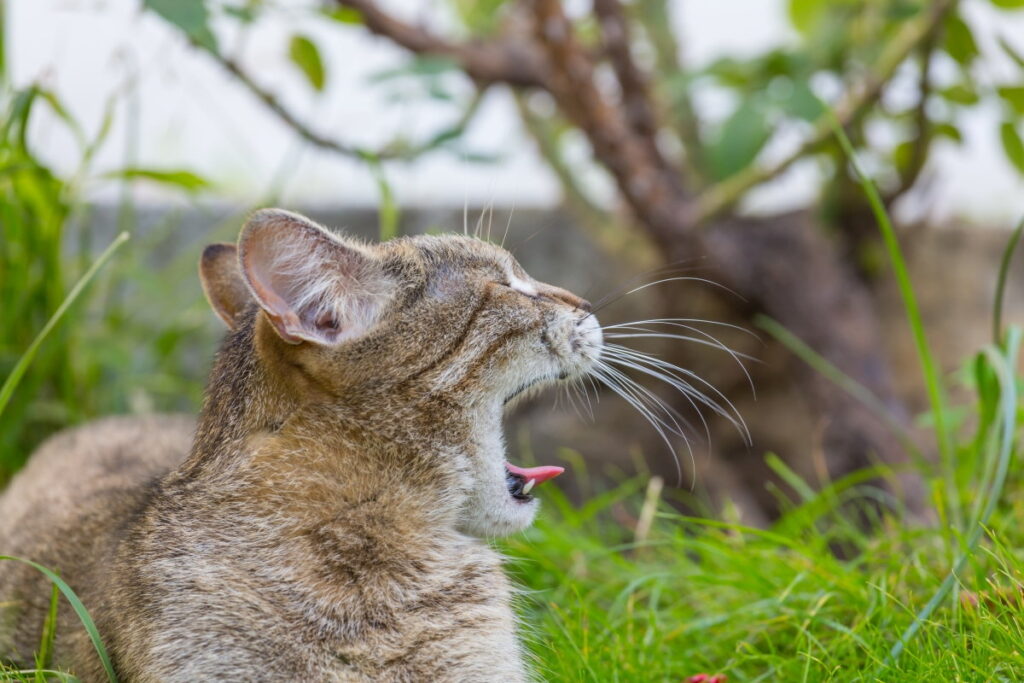
Cats are the best pet animals one can find. They are homely, friendly, playful, and easy to take care of. However, it’s important to remember that cats are naturally predatory. After all, they belong to the same group as the big cats that rule the jungle and are the deadliest carnivores. Even though cats kept at home do not need to hunt in order to find food, they still have that instinct to go on hunting sprees.
When they are confined to the vicinity of a house where they might not find wild animals, they run around in circles, without a break looking for an escape. In such circumstances, the best solution to this is to let them out in nature and use their energy to hunt. Catching prey is not only important for stray cats’ survival but is also a kind of accomplishment for pet cats. They feel a sense of achievement and pride and often bring back a souvenir from their successful hunting expedition for their human.
2. Sign of aging and senility
As cats turn old, one may start noticing numerous signs indicative of their aging. Mostly cats slow down, and their activity levels significantly decrease. Pet owners see a noticeable difference in their behavior compared to their earlier years.
Sometimes, there are also occasional episodes of cat zooming, as their cognitive function declines and they start exhibiting bizarre behavior without any apparent reason. Their brain does not function as well as it did in their younger age, and hence there may be such episodes of frantic running.
3. The cat may have fleas
Having fleas is an extremely uncomfortable and distressing experience for cats. The constant itching makes them quite restless, and they find it difficult to stay put in one place. Often out of frustration, they keep running from one place to another to find some relief. They may also do so if they itch in a place that they cannot reach with their paws.
The best solution for this problem is to immediately treat them using a prescribed product and any other household animals for fleas. It is also a good idea to get them checked by their vet to make sure they have not developed an underlying infection from all the scratching. Once they get rid of the fleas, cat zooming will also stop.
4. They can become nocturnal!
Yes, you read that right. Cats’ biological clock can be disturbed such that they become most active at night. Some cats have periods when their highest levels of energy are at midnight, and you may witness cat zooming. Most domestic cats tend to follow the schedule of their humans, but if they become nocturnal, it can be quite disturbing.
It is particularly difficult to channel their energy at night when the rest of the people in the house are asleep. The best way to tackle with a zooming cat is to engage them in games and activities with various toys during the day so that by night time, they are tired down and adjust back to a routine that suits your liking.
5. They have reservoir energy
When cats spend too much of their time lying around one corner or the other, they conserve their energy. And this can lead to occasional bouts of being a zoom kitten or cat. This is not something to worry about and usually settles on its own. Once they have burnt out their energy by all that pacing around, they will return to being their usual selves.
6. Intruder alert!!!
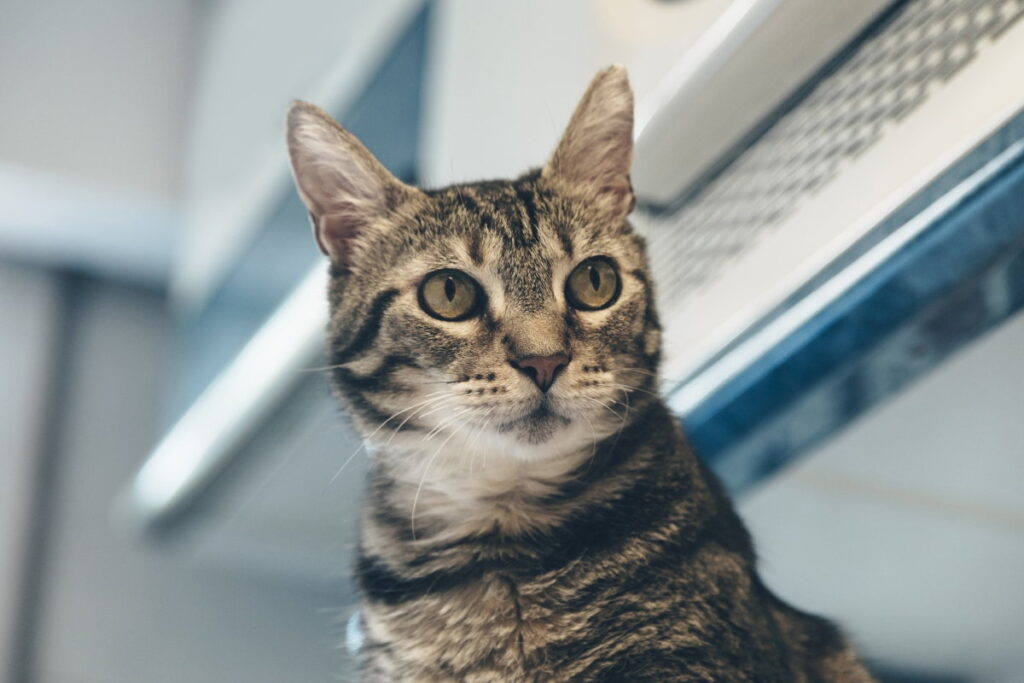
Cats have a very sharp sense of smell. They can recognize the scent of something new instantly and from quite some distance. If there is a new animal around the house, in your backyard, or even if your neighbors got a new pet, cats could instantly detect this change. Cats like to mark their territory and find it frustrating to share it with any other animal. Such a change can cause cat zooming. Once they get used to the new animal, their behavior settles back to baseline.
7. Litter box problem
Sometimes cats zoom just after using their litter box. The most common reason for this behavior is when they are unhappy with the cleanliness of the litter box. Moreover, it can also be if the cats have some urinary complaints or problems while defecating. Zooming is a way for them to retaliate to their discomfort and displeasure. Address the litter box cleanliness situation and observe if the behavior improves.
8. Anxiety kicking in
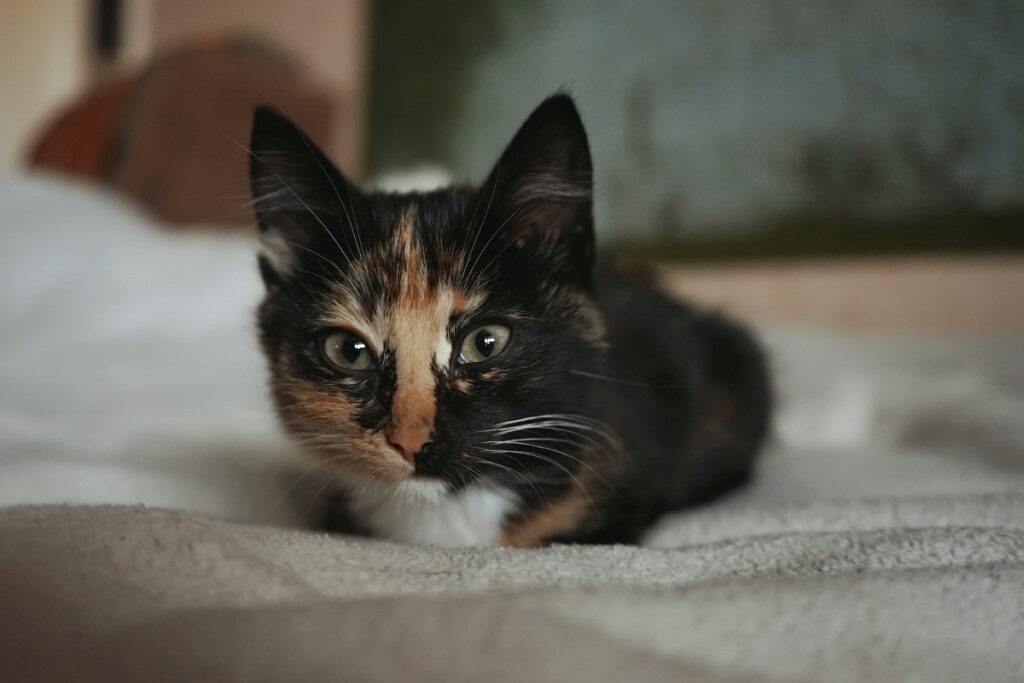
Like humans, every cat has a unique personality. Some cats are more fearless than others. Some are timid and shy. They may develop anxiety and stress in certain situations. If they feel insecure or have recently been attacked by a bigger animal, or been hurt accidentally (for example, if a child stepped on its tail), they may start zooming and appear more hyper than usual. Comfort your cat and make it feel safe and secure.
We have put together all the possible explanations for cat zooming and how to address them. Most of the time, such episodes are short-lived and resolve on their own. Among kittens, it is normal behavior to run around in order to burn off excess energy.

